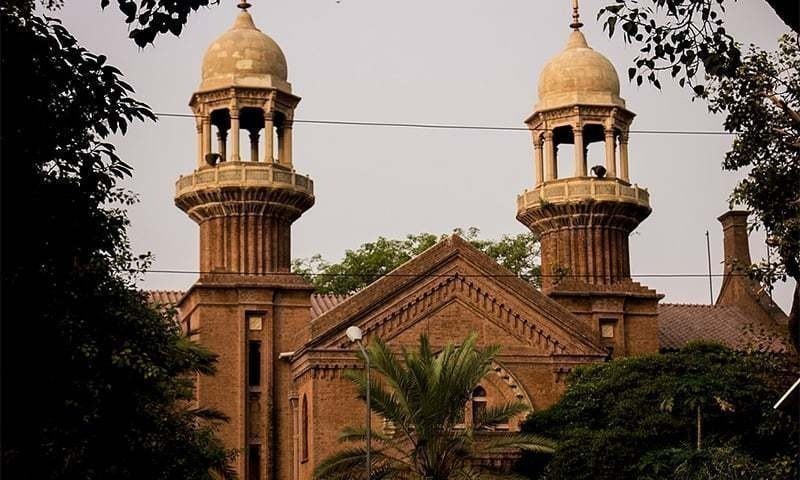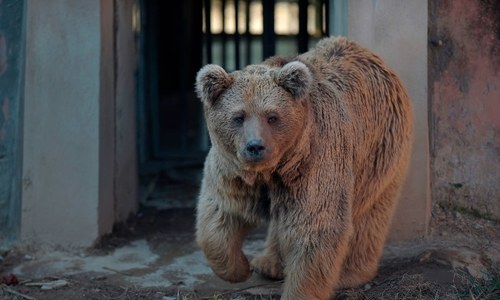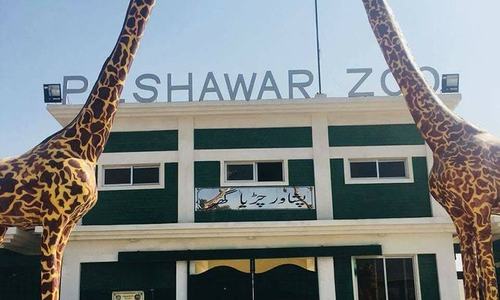LAHORE: The Lahore High Court has observed that the existing laws do not deal with cruelty to animals regarding their protection, integrity, diversity, well-being and, most importantly, unjust suffering due to captivity.
Hearing a public interest petition for the enforcement of animal rights, Justice Jawad Hassan further observed that the issue of cruelty to animals was firstly raised in the UK in 1876 by introducing the Cruelty to Animals Act, 1876 and subsequently, to further develop the concept of welfare of wild animals, the Animals Welfare Act, 2006 was enacted.
Subsequently, he noted, the laws relating to welfare of wild animals have been taught in various renowned universities and law schools across the world.
The petition filed by Sanita Gulzar Ahmad, daughter of Chief Justice of Pakistan Gulzar Ahmad, also challenged the legality of Section 12 of Punjab Wild Life Act 1974, which authorises individuals to keep and raise wild animals in private capacity.
Advocate Abuzar Salman Khan Niazi, on behalf of the petitioner, argued that due to insertion of Section 12 in the Act, most of the wild animals had been kept by people for entertainment purposes without proper supervision and welfare.
He said there had been various instances where horrific videos have circulated of wild animals in private possession of people who were being tortured, kept in worst possible conditions and even beaten by people/“caregivers” while being tied with chains.
He said these instances proved that the right place and home for wild animals was their respective natural habitat and not the four walls or the boundaries of a zoo.
He further explained that the animals were sentient, therefore, they could not be subjected to pain and suffering due to captivity in any manner, unless it was necessary to do so for their welfare.
Justice Hassan directed a provincial law officer to seek instructions from the authorities concerned and submit reports on behalf of the respondents explaining whether rules had been made as per the provisions of Section 46 of the Wild Life Act and what steps had been taken for the welfare of the wild animals in Punjab.
The judge adjourned hearing till June 8 and also appointed Barrister Sameer Khosa and Barrister Ahmad Pansota amicus curiae (friends of courts) to assist the court in the matter. Advocate Hira Jalil, who has an LLM degree in animal welfare laws from the US, will also assist the amicus curiae.
Published in Dawn, May 8th, 2021
















































